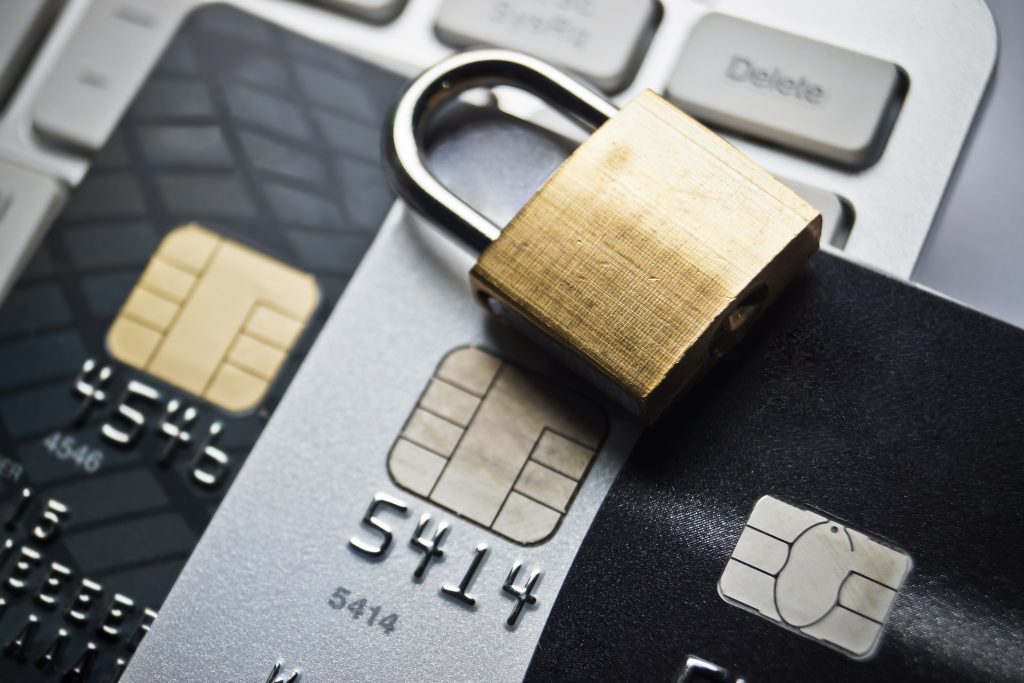How Does SSL Work?
Normally, a dedicated IP address is a requirement for the SSL installation; to ensure proper functionality, it is recommended to have a separate dedicated IP for each certificate.
However, it is possible to install multiple SSL certificates using a shared IP address if you use SNI (Server Name Indication) technology.
Ultimately, the mandatory use of a dedicated IP will be determined by the type of hosting server you use. If your website is hosted by a web hosting service, you should contact them and ask if you need to purchase a dedicated IP address or if they will provide you with an SNI.
If the server you use is self-managed, check server documentation to see if SNI technology is an option for your machine.
An SSL certificate contains a pair of keys, a public key and a private key. These keys work together to establish an encrypted connection. As a small business owner, it is important to make sure you are creating a trusted environment where customers feel confident in making purchases.
SSL certificates create a foundation of trust by establishing a safe connection. Websites will display an SSL certificate badge to illustrate to users that their site offers secure connections. Individuals can secure an SSL certificate from trusted certificate authorities, as well as hosting services, and other third parties.
In terms of which version of SSL to get – TLS 1.2 is currently the most widely used version of the SSL/TLS protocol. TLS 1.3 (the latest version) is already supported in the current versions of most major web browsers.
Since the first version of SSL back in the 1990s, new models have been released to improve on vulnerabilities and support the strongest and most secure cipher suites and algorithms. So using older protocols may result in security issues.



